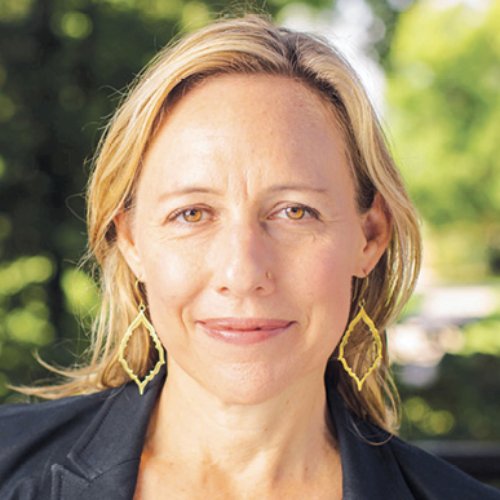
Megan Adamson Sijapati
Religious studies professor
Truth is both elusive and yet something we know individually through our experiences to be one thing and not another. In religion—across cultures and time periods—the concept of truth is ubiquitous, but what it actually is varies tremendously due to varying views on the nature of the universe, the nature of human sentience, consciousness, and the very purpose of life. The effort to delineate truth and live in accordance with it is the core mission of every religion: is truth something that is objectively verifiable? Is it a moral principle? Is it embodied knowledge revealed through mystical experience or revealed by the divine to those who are chosen, or to those who seek?
Religions, whether they be monotheistic, polytheistic, monistic, atheist, or even secular, are akin to academic disciplines. Each offers tools and taxonomies for identifying what is real and therefore true, for navigating truth from untruth, and, most importantly, for cultivating the discernment necessary for experiencing truth. Truth is knowledge that is not only academic or intellectual, but also embodied and experiential.
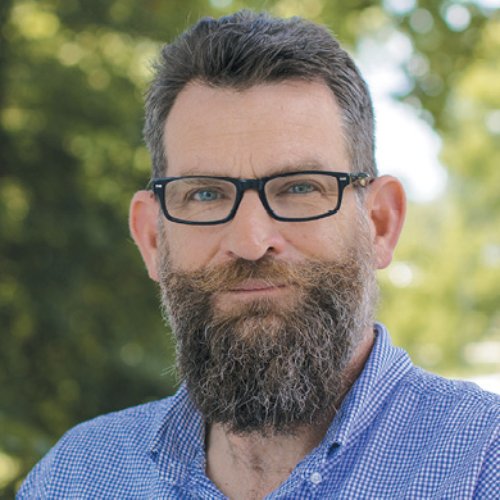
Ian Clarke
Hatter Planetarium director and physics laboratory instructor
I try to hold three perspectives on truth in mind. First, I recall Thomas Jefferson, my alma mater’s founder. “Here,” he asserted, “we are not afraid to follow truth wherever it may lead, nor to tolerate any error so long as reason is left free to combat it.” He also wrote his university would be “based on the illimitable freedom of the human mind,” even as enslaved people built it.
His pursuit is inspiring, but prone to blindness. Working in science outreach, I turn to philosopher Karl Popper’s claim that scientific truths must be testable and potentially refutable. Unfortunately, few daily truths can be tested as Popper envisions.
As a former teacher of literature, I recall Norman Maclean’s grief-stricken narrator whose aging father says, “After you have finished your true stories sometime, why don’t you make up a story and the people that go with it? Only then will you understand what happened and why.” This narrative vision of truth appeals to literature lovers, but can be a weapon for charlatans and propagandists.
Each vision has beauty and limits.
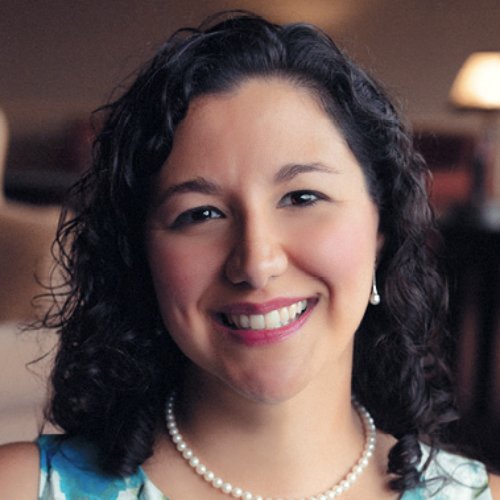
Cristina Garcia
Associate dean for inclusion and belonging
I’ve always said absolute truth can only be found in objective facts. Anything else is simply a version of it. I believe truth is filtered through one’s personal lens, based on experiences and influenced by how one navigates the world and watches others do the same. For example, growing up Latina in New York, I identify as BIPOC, but my parents disagree. They grew up mostly in Cuba, and despite how they are viewed or treated in the United States, they don’t—and never will—see themselves as anything other than white. They have their truth, and I have mine.
I always share the following quote from Shakespeare’s “Hamlet” with incoming college students: “Above all else, to thine own self be true.” Polonius shared this with his son as he departed for college, and I have done likewise since 2005! In my role, it’s important to help our community understand that one’s truth may not be the same as someone else’s, but that doesn’t make it less valid. In fact, it is when we examine our truth through another’s lens that we learn most about our values, beliefs, and truths—we even begin to refine it. This is why truth is nuanced.
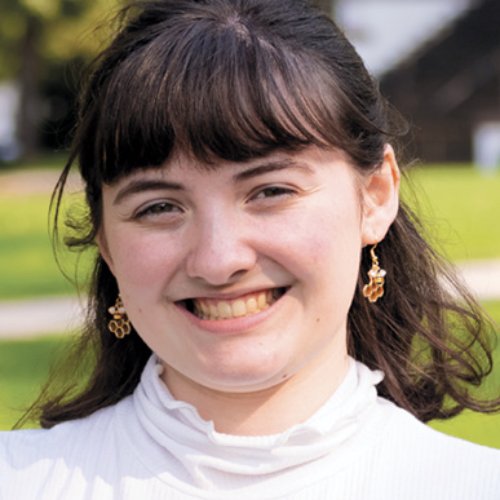
Katie Oglesby ’23
Gettysburgian editor-in-chief
Truth is something I think about a lot as editor-in-chief of The Gettysburgian. In the world of news reporting, it’s something that can be difficult to acquire, and even more difficult to report. I think part of the difficulty with truth is that we all, based on different life experiences and identities, have different perceptions of what is true.
Truth is important in news because we have an obligation to inform the public, which cannot be done if we’re telling them falsities. With the way the media has been portrayed lately as “fake news” and as a spreader of misinformation, it’s pertinent that journalists unpack the real truth, rather than what may seem like the truth at first glance.
That’s part of why it’s important to get so many different perspectives on a story, because it’s hard not to think about truth as subjective—even though that sounds like an oxymoron—when so many people disagree on what the truth is. We live in such a highly polarized society that truth has become something we can disagree about.
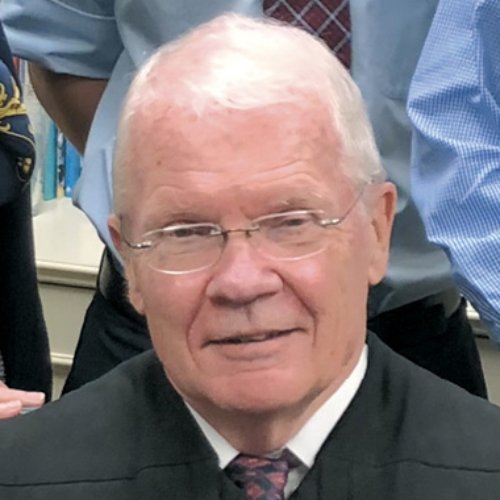
Thomas C. Wheeler ’70
Retired Federal Judge, U.S. Court of Federal Claims, Washington, D.C.
Our Court always asked witnesses to swear under oath that their testimony would be “the truth, the whole truth, and nothing but the truth.” There actually are two kinds of truth that I will call reality and perception. Reality is more reliable and consists of irrefutable statements of fact, such as “I saw three deer in our backyard.” “Perception” is less reliable and consists of a person’s opinion, such as “something needs to be done about the number of deer in our neighborhood.” There are degrees of perception, where a statement becomes extremely unreliable if it is not based upon a witness’s personal knowledge.
The “Federal Rules of Evidence” are a compendium of legal rules governing the admissibility of testimony and documents in a federal trial. They are masterfully prepared and easy to understand, intended to limit admissibility to evidence that is reliable. College students would be well served to learn about them even if they do not plan to pursue law. The importance of dissecting truth into reality and perception has lifelong value in assessing information in our world.